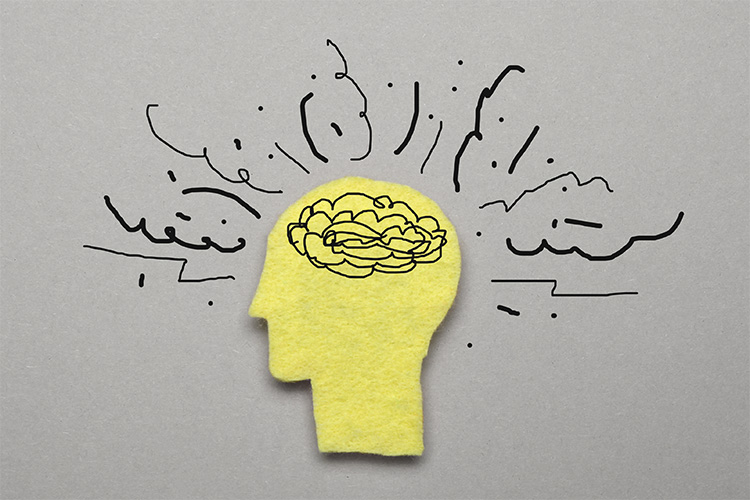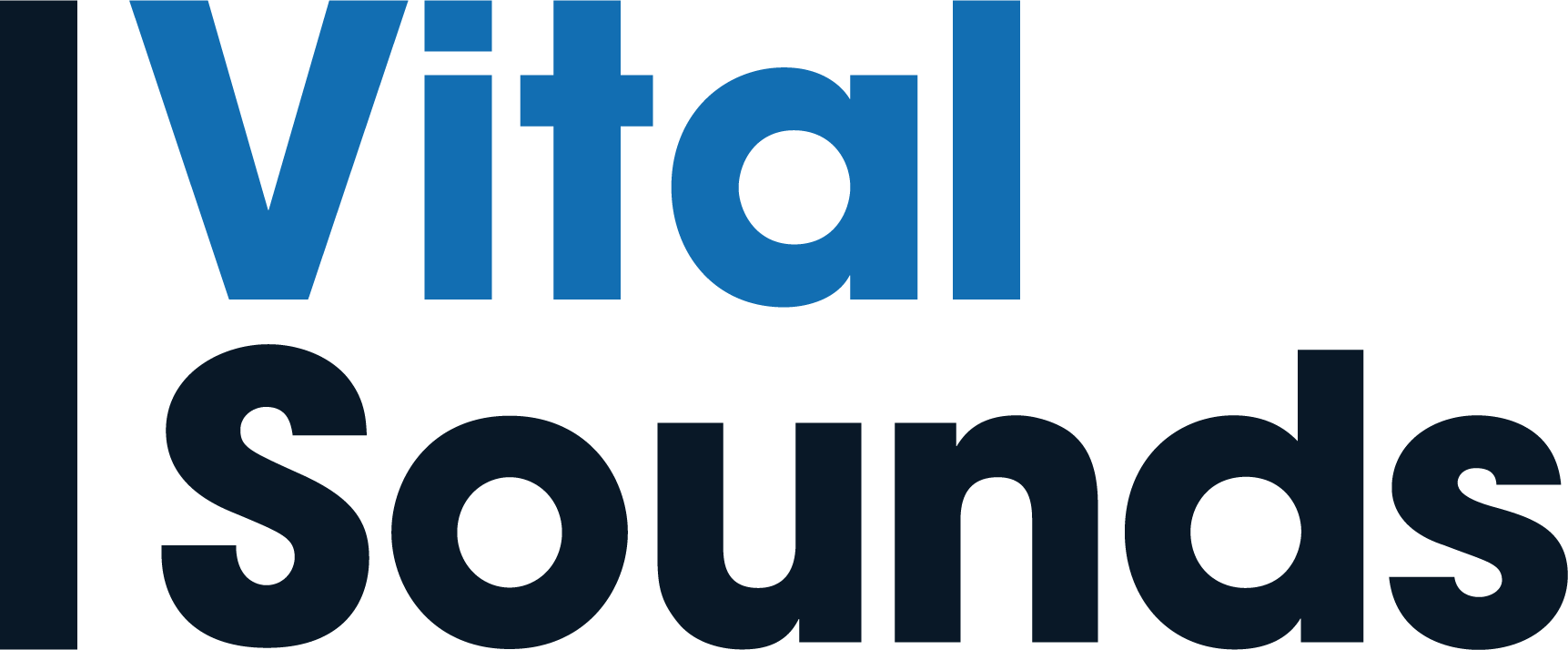Connie Christian, MBA, CPHRM
Facility Risk Management and Patient Safety Advisor

As the holiday season approaches, many healthcare providers may find themselves under increasing stress. While the holidays are typically associated with joy and celebration, the pressures on healthcare professionals—already high throughout the year—can become even more overwhelming.
Multiple research studies indicate that even before the COVID-19 pandemic, healthcare providers were struggling with stress, burnout, event trauma, and feelings of being undervalued. Post-pandemic, these issues have only worsened across the entire workforce.1 The holiday season brings added layers of pressure, from increased workload and staffing shortages to family expectations and potential feelings of isolation due to demanding schedules.
Holiday Season Stressors for Healthcare Providers
During the holidays, healthcare professionals face several challenges that can intensify their stress. A 2022 report from the U.S. Consumer Product Safety Commission (CPSC) highlights factors contributing to this, including higher patient volumes and longer hours in the emergency department. For example:
- Toy-related injuries: In 2022, an estimated 145,500 emergency department (ED) visits were linked to toy-related injuries for children 12 years and younger.
- Thanksgiving cooking fires: Thanksgiving Day saw over 1,600 cooking fires, more than three times the daily average.
- Holiday decorating injuries: Around 14,800 people were treated in hospital emergency departments for injuries related to holiday decorations during the 2022 holiday season.2
These numbers don’t account for the countless patients treated for other injuries, mental health crises, and communicable viruses that often spike due to holiday gatherings. The toll can be significant for healthcare providers, especially when balancing professional demands with personal holiday expectations.

Balancing Festivity and Well-Being
On one hand, the holidays bring the expectation of joy and festivity with friends, family, and colleagues. For some healthcare providers, juggling demanding work schedules with social pressures can add stress. On the other hand, those healthcare providers who miss out on holiday celebrations due to work schedules may experience feelings of isolation and loneliness. Both scenarios can take a toll on mental health.
Strategies for Managing Holiday Stress
- Acknowledge Your Feelings: The first step toward taking care of your mental health is to recognize your emotions. Ignoring negative feelings won’t make them disappear; instead, it can amplify them. It’s okay to feel sad or frustrated about missing a special holiday moment. Allow yourself to experience those emotions, and then let them go.
- Plan Ahead: If you know you’ll be working on holidays, plan to celebrate on a different date. After the holiday craziness subsides, take a family vacation or create traditions that work for your schedule.
- Set Boundaries and Prioritize: It’s important to set boundaries for your mental health. When possible, say no to optional overtime or social gatherings you don’t feel up to attending. Focus on spending time with those who mean the most to you and engage in activities that fill you with joy.
- Seek Professional Support: If the holiday season gets too difficult, don’t hesitate to get the support you need. According to the National Alliance on Mental Illness (NAMI), 1 in 5 adults in the U.S. experiences mental illness each year and around 5% percent face seasonal depression. Remember, you are not alone and deserve the same mental and physical care you provide others year-round.3

Mental Health Resources for Healthcare Providers
If you need additional support during the holidays, these resources are available to help healthcare professionals.
- Kansas Medical Society – Professional’s Health Program: 1.800.332.0156
- Kansas Osteopathic Physician Advocacy Program (OPAP): 1.785.234.5563 (ask to speak with the OPAP administrator)
- Kansas Nurse Assistance Program: 1.913.236.7575
- Kansas Emergency Medical Services Association (KEMSA): https://kemsa.org/gethelp
- National Suicide Prevention Lifeline: Dial 988 or 1.800.273.TALK (8255)
- SAMHSA National Helpline: 1.800.662.HELP (4357)
- SAMHSA Disaster Distress Helpline: 1.800.985.5990
- Safe Call Now: 1.206.459.3020
[1] Rotenstein LS, Berwick DM, Cassel CK. Addressing Well-being Throughout the Health Care Workforce: The Next Imperative. JAMA. 2022;328(6):521–522. doi:10.1001/jama.2022.12437
[2] Home Safe for the Holidays: https://www.cpsc.gov/Safety-Education/Safety-Education-Centers/Holiday-Safety
[3] Ighani, Laila. How Do the Holidays Affect Healthcare Professionals? November 21, 2023. https://nursa.com/blog/how-do-the-holidays-affect-healthcare-providers.
